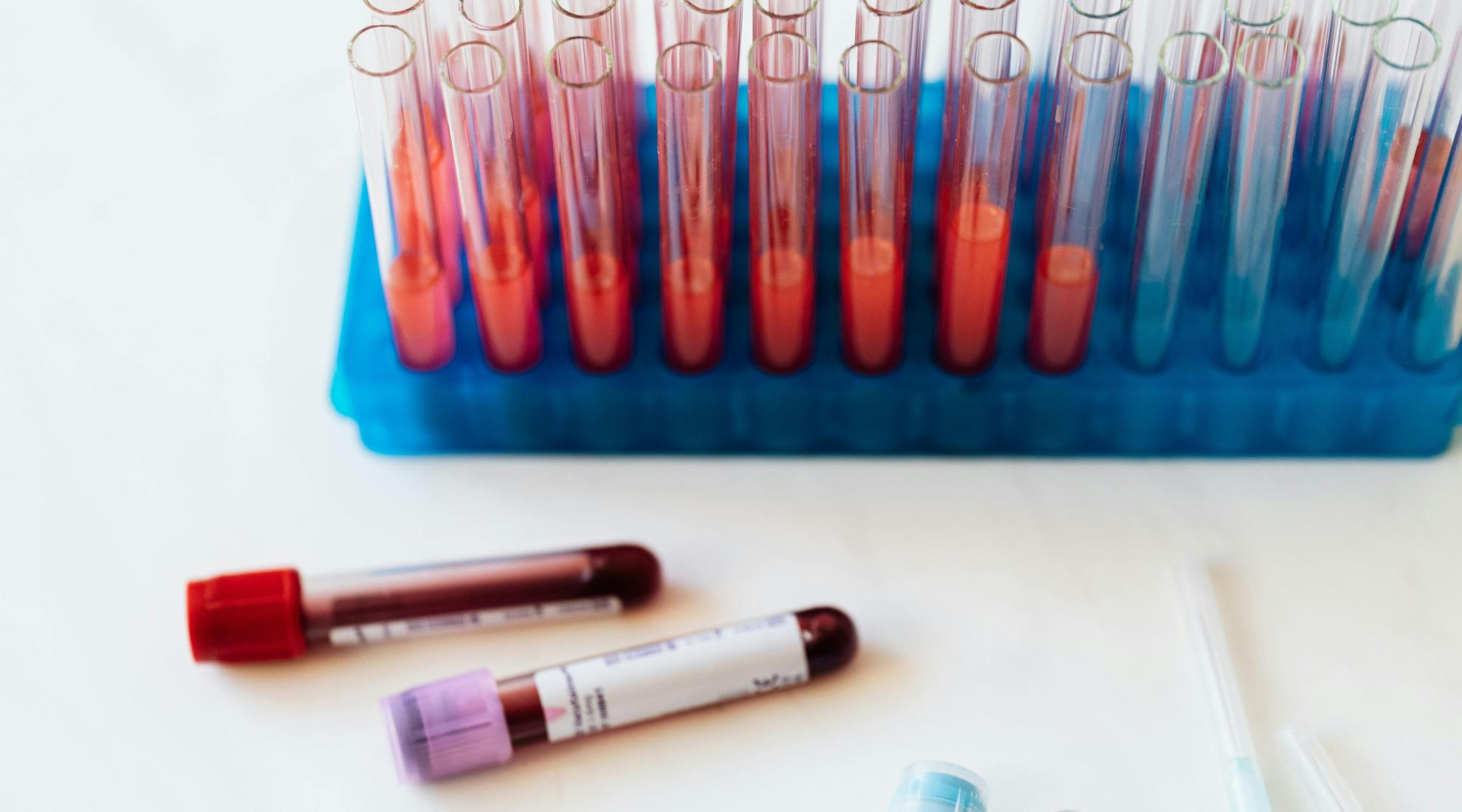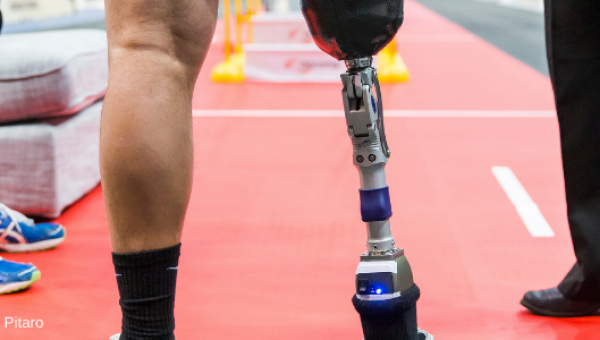Revolutionising breast cancer detection with blood tests

Swiss start-up Xemperia is developing a type of blood test for early detection of breast cancer.
A promising Swiss biotech start-up is making significant strides in early breast cancer detection with a groundbreaking blood test that aims to transform how breast cancer is diagnosed and monitored.
Breast cancer remains the most prevalent cancer among women globally, with approximately one in eight women affected during their lifetime, according to the World Health Organization. The cancer can be present in the body for a significant amount of time before it is detectable, often for months or even years. Regular mammograms are crucial for early detection and can significantly improve treatment outcomes, but they are complicated and expensive. Even after successful treatment, the risk of recurrence remains significant for up to 20 years post-diagnosis and never completely goes away.
Leveraging the body’s immune response
Emerging from over 25 years of pioneering cancer research at the University of Fribourg, Swiss biotech start-up Xemperia was founded in 2023. Its mission is to enable the earliest possible detection and treatment of cancer. Xemperia's innovative blood test, based on PCR technology (widely used in Covid testing), leverages the body’s immune response to detect breast cancer at its earliest and most treatable stage. By analysing specific biomarkers derived from blood leukocytes, the test offers a minimally invasive, cost-effective, and highly accurate method for detecting cancer early and monitoring for potential relapses.
We are not looking directly for cancer, but rather for the immune response to cancer cells in the body.
A drop of blood is sufficient
Thanks to PCR technology, Xemperia’s test requires just a simple blood sample, allowing women under 40 — who are often excluded from mainstream screening programmes — to benefit from early detection. Additionally, Xemperia is developing advanced DNA-based nanosensors, which could be incorporated into point-of-care diagnostic devices to obtain rapid test results near or at the patient's bedside, enabling even faster diagnosis and treatment.
Large-scale, pre-marketing study
According to Xemperia, the technology could also be adapted to detect other cancers such as lung, pancreatic or bowel cancer. Its innovative approach has already garnered significant attention within the Swiss startup ecosystem as the company prepares for a large-scale validation study of its blood test, with plans to certify and market the product by 2029.
Through these innovations, Xemperia aims to make significant contributions to early cancer detection and personalised treatment strategies, ultimately improving survival rates and quality of life for patients worldwide.




